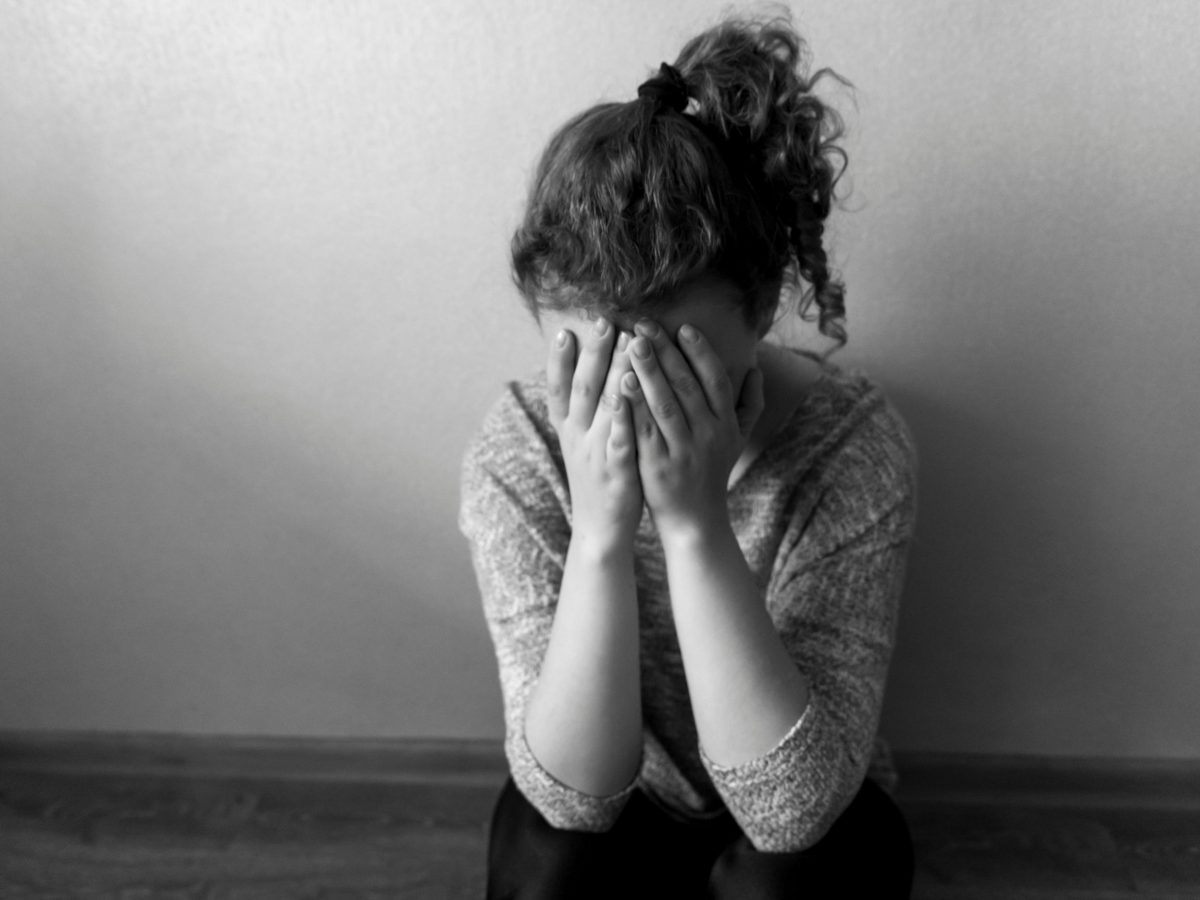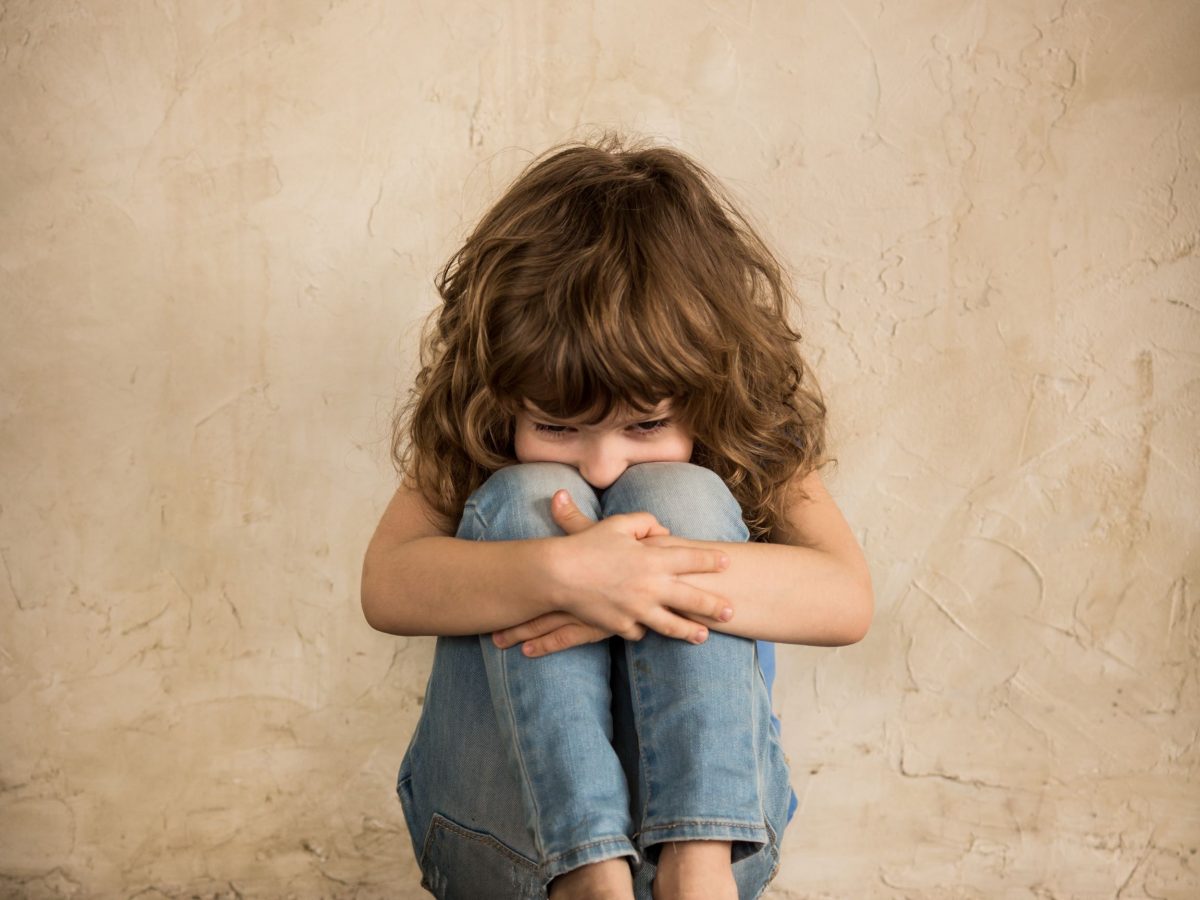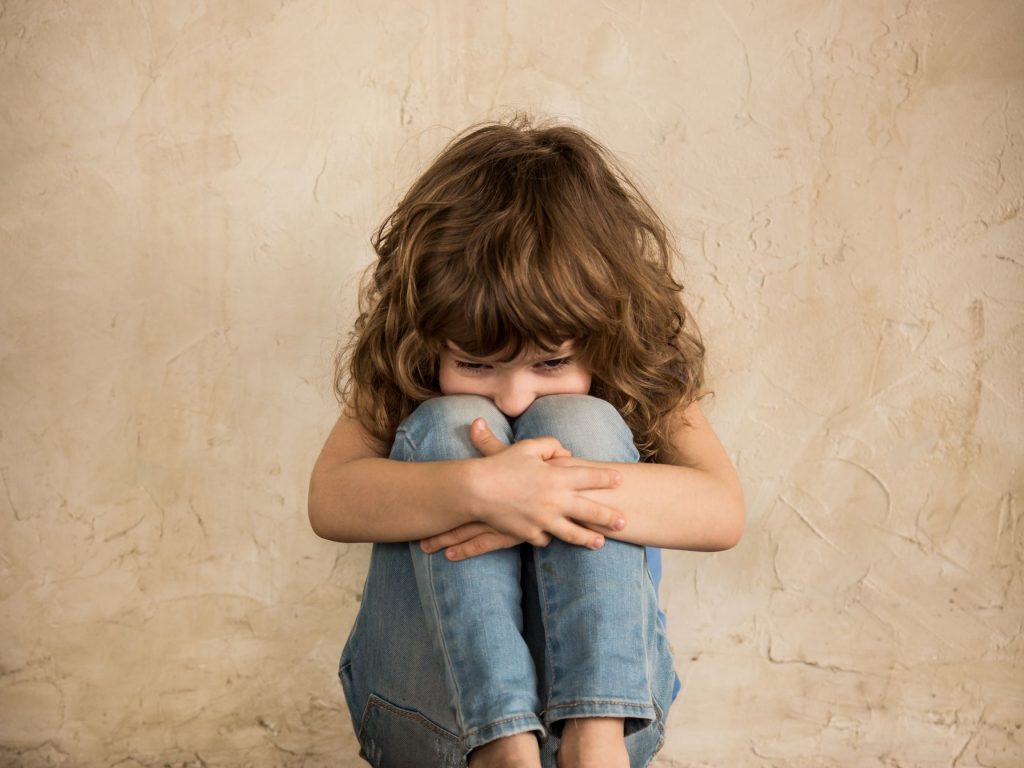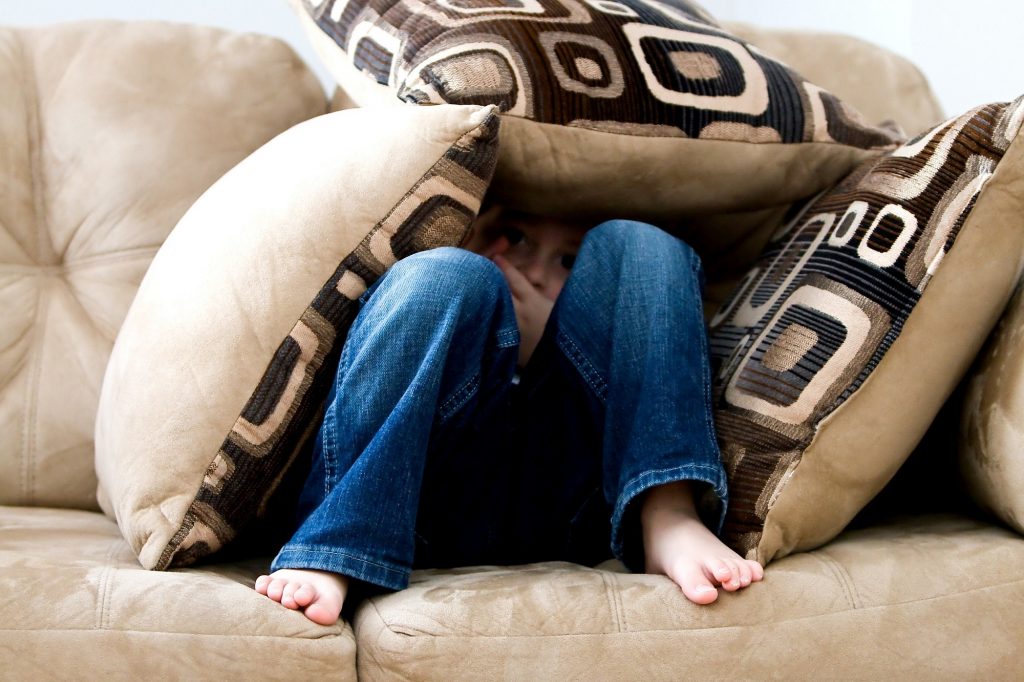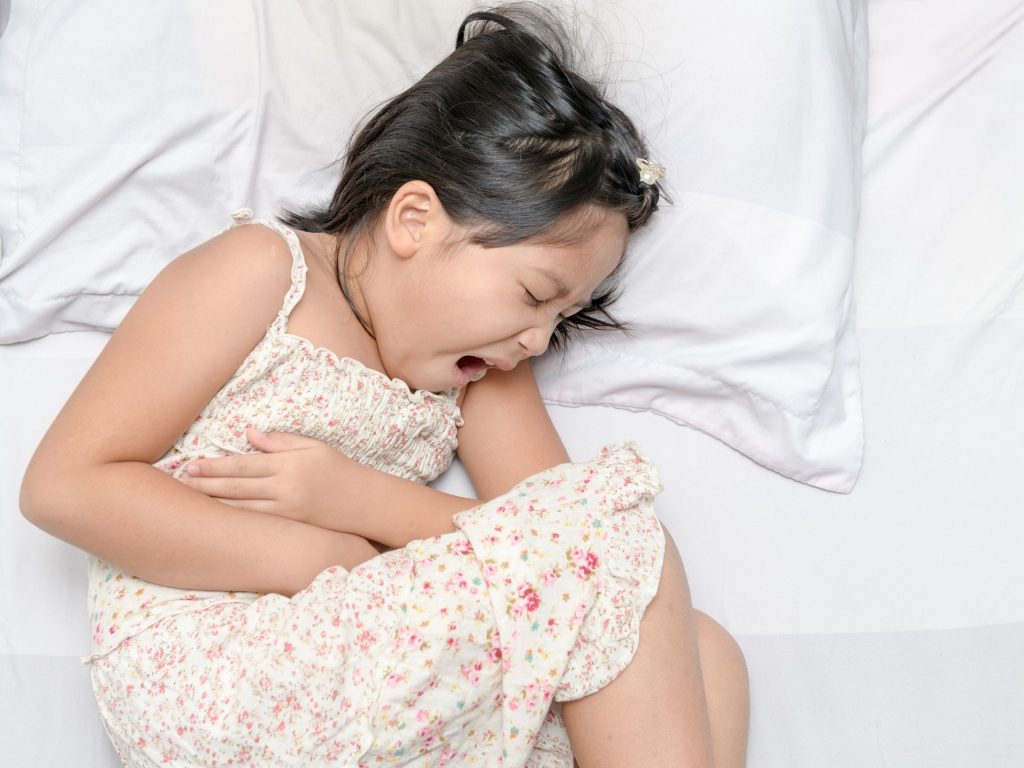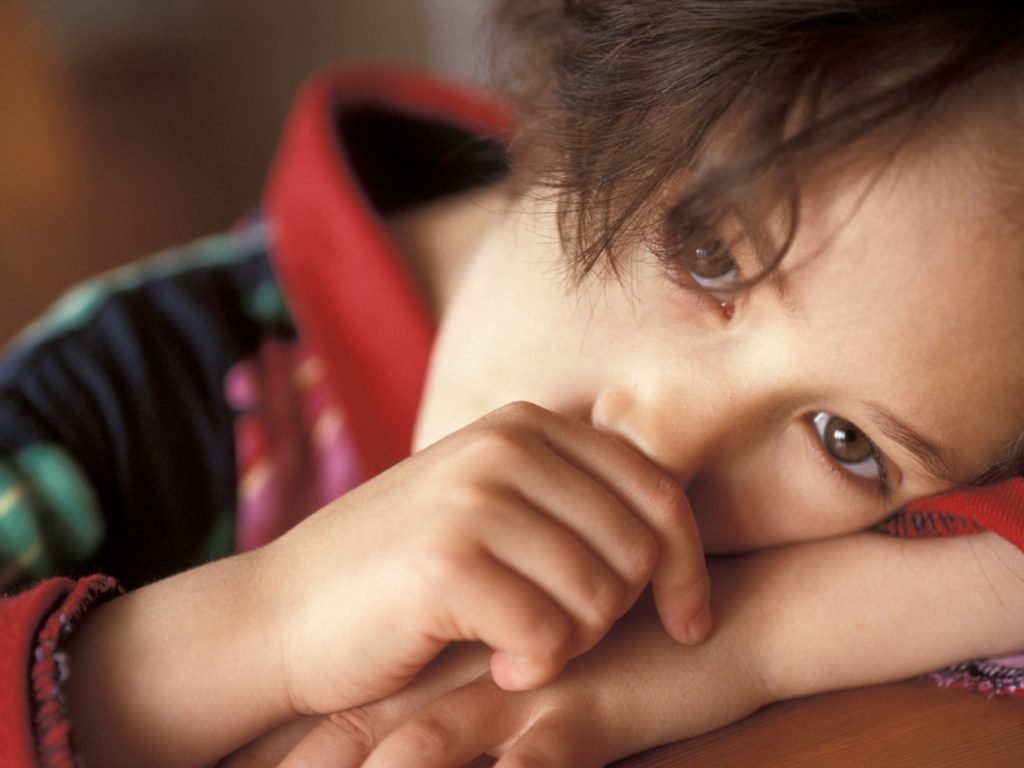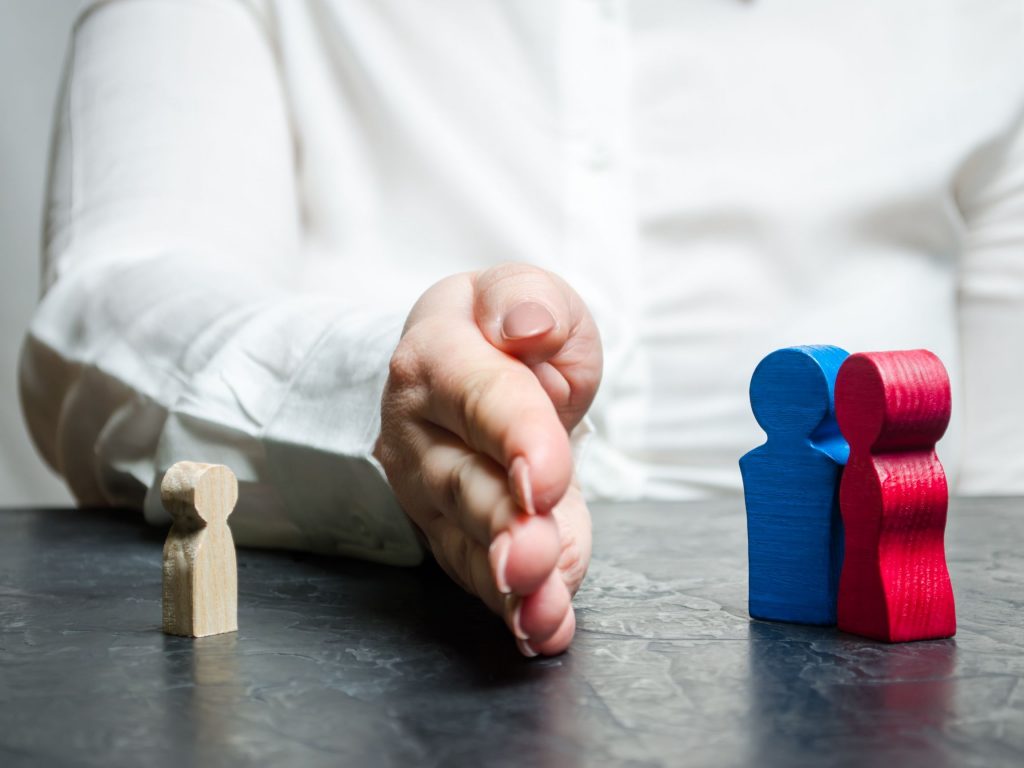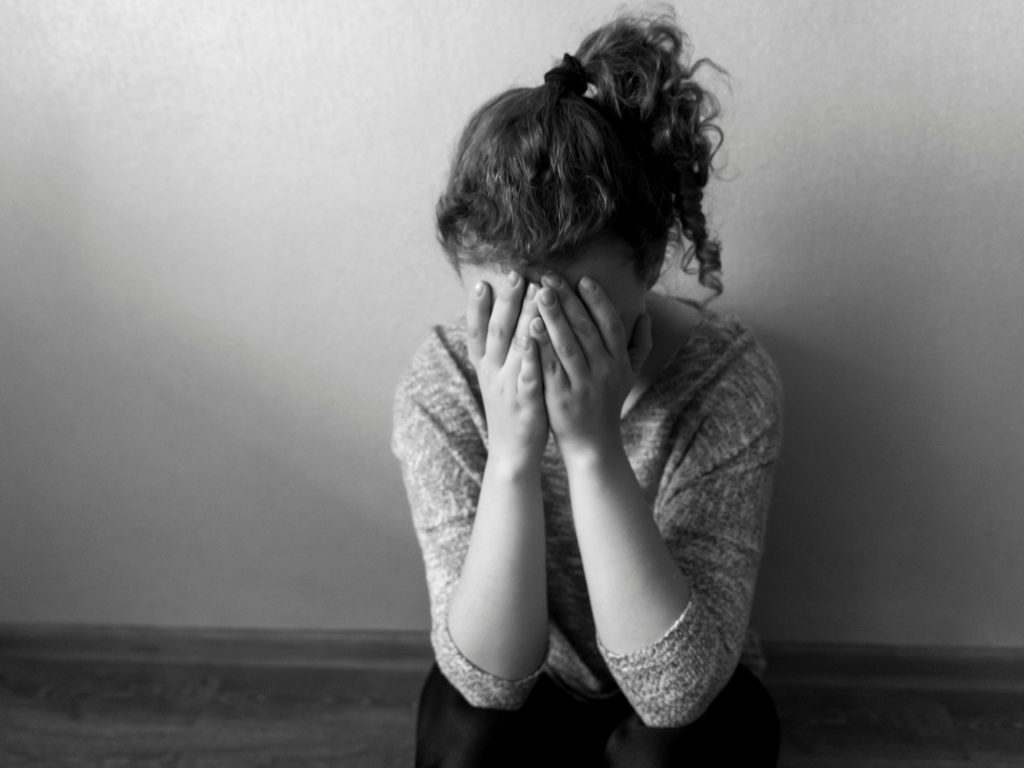Maximum parents fret about how to guard their children in a world that at times seems so risky. As with any other danger, guarding our kids against risk starts with knowing those risks. For example, parents frequently think that keeping a stranger away is sufficient to protect kids from sexual abuse, but most sexual abuse cases are carried out by someone the child trusts and knows such as a step-parent, parent, teacher, coach, sibling or older cousin, babysitter or religious leader.
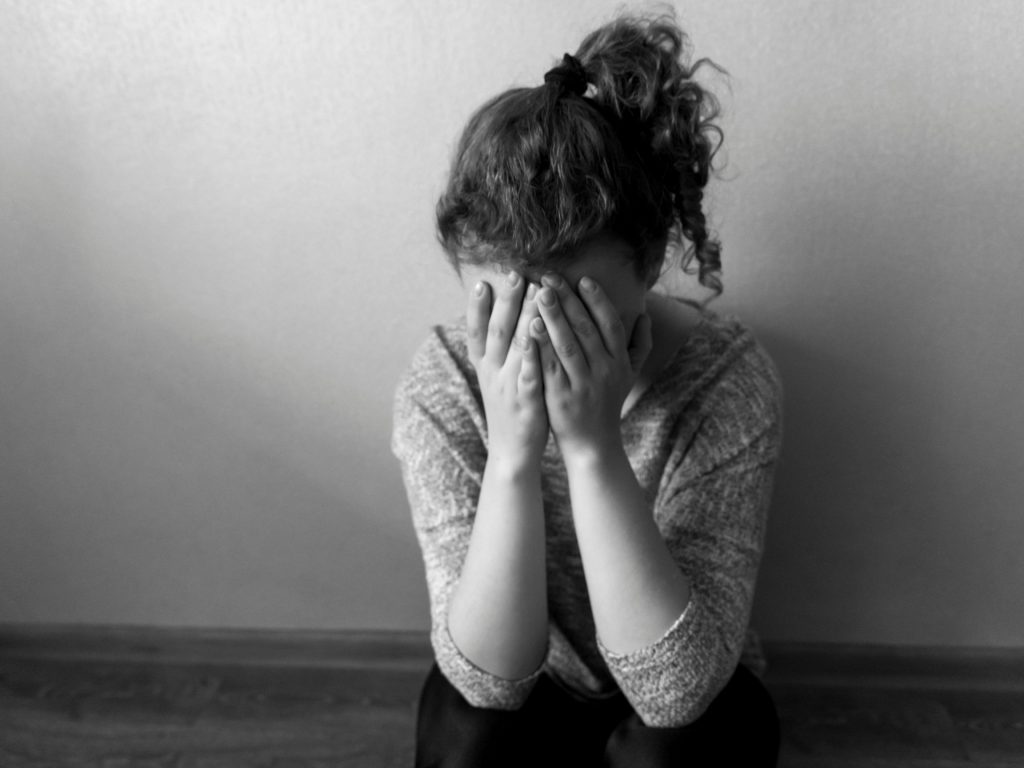
Here are some simple safety measures to keep your child safe from abuse.
Ensure your kids are well managed.
You must know where your kids are and who is with them. It is best to have more than one child and a minimum of two adults present when you are not present to manage. One adult/child situations should be avoided unless the adult involved has shown to be very reliable.

Parents should be very cautious about leaving young children with teens. Stay away from settings for children such as day-care facilities that do not permit parents to stop by anytime. Also, one of the important safety measures is to keep any kind of internet facility in common spaces of the home so you can keep an eye on your kid’s web browsing. It is very simple to trip upon improper material online by chance.
Understand the warning signals
Adults who demonstrate a strong liking for being with kids over adults, particularly being unaccompanied with kids, should provoke some doubt. Be careful of adults who engage in any actions that look suspicious. In children, the below-mentioned behaviours are indicators of psychological suffering and can signal that a child is being abused:
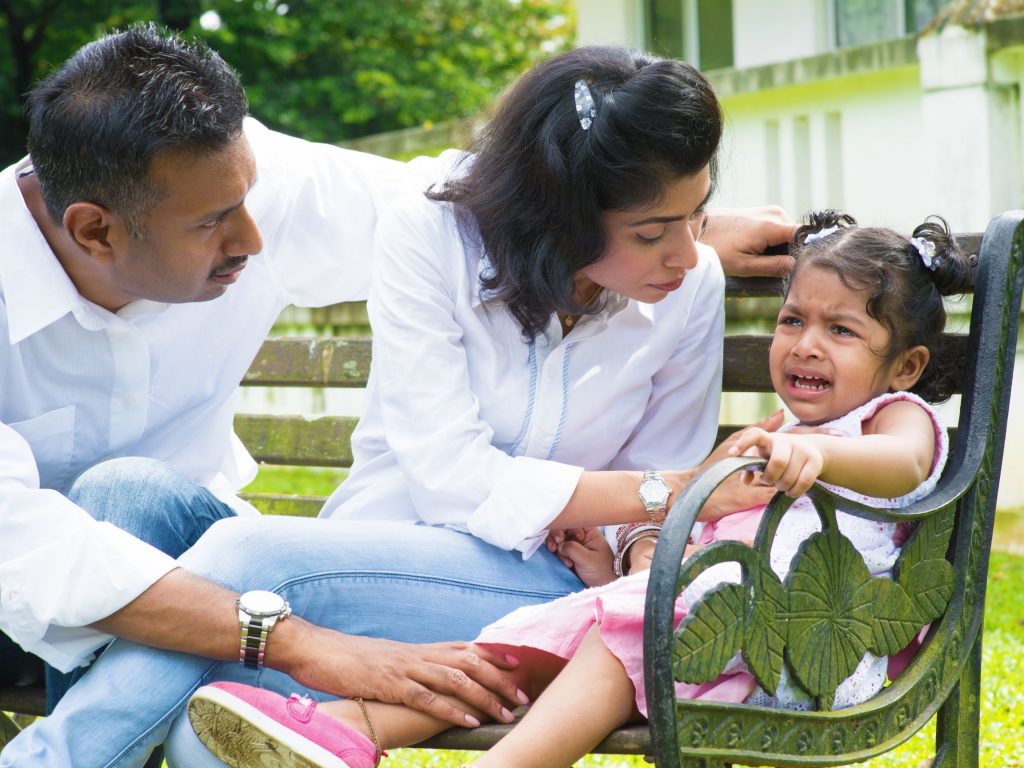
- Sudden changes in temper
- Changes in a child’s eagerness to be around a particular adult
- Constant crying
- Trouble focusing
- A sudden commencement of toileting accidents after a history of continence
- Aggressive or cruel acts towards others that appear out of temperament for the kid
- Low confidence.
One strong pointer of child sexual abuse is strange sexual behaviour. If children are talking about or mimicking adult sexual acts, they have likely either seen or experienced something damaging.
Keep communication lines open between yourself and your kids
Find out what is happening in your kids’ lives and get to know their interests. Your kid is most likely to discuss with you about a serious issue, such as worries about an adult in her life, if you already have repeated, healthy conversations.
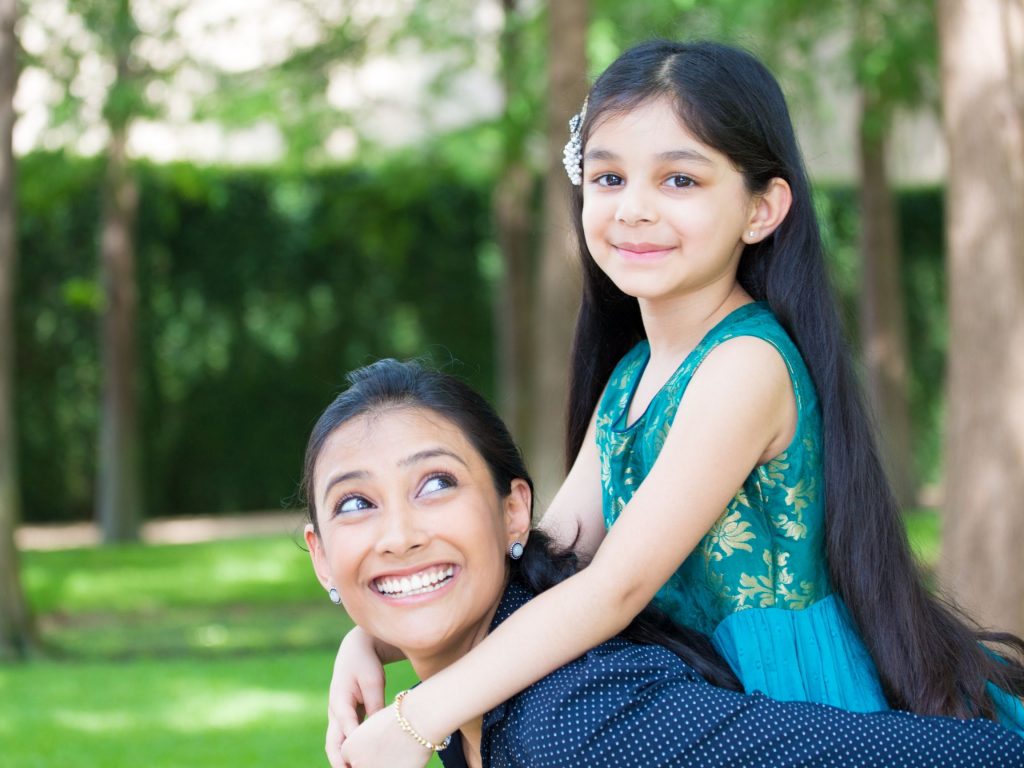
Spend some time with your children to find out about what is important to them. For instance, you can ask them about their wishes. Perpetrators often look for children who appear to have a fragile bond with their parents as they are less possibly to tell their guardians about abuse, and as they might be fascinated by an adult who shows them the attention they are missing at the house.
Have faith in your instincts
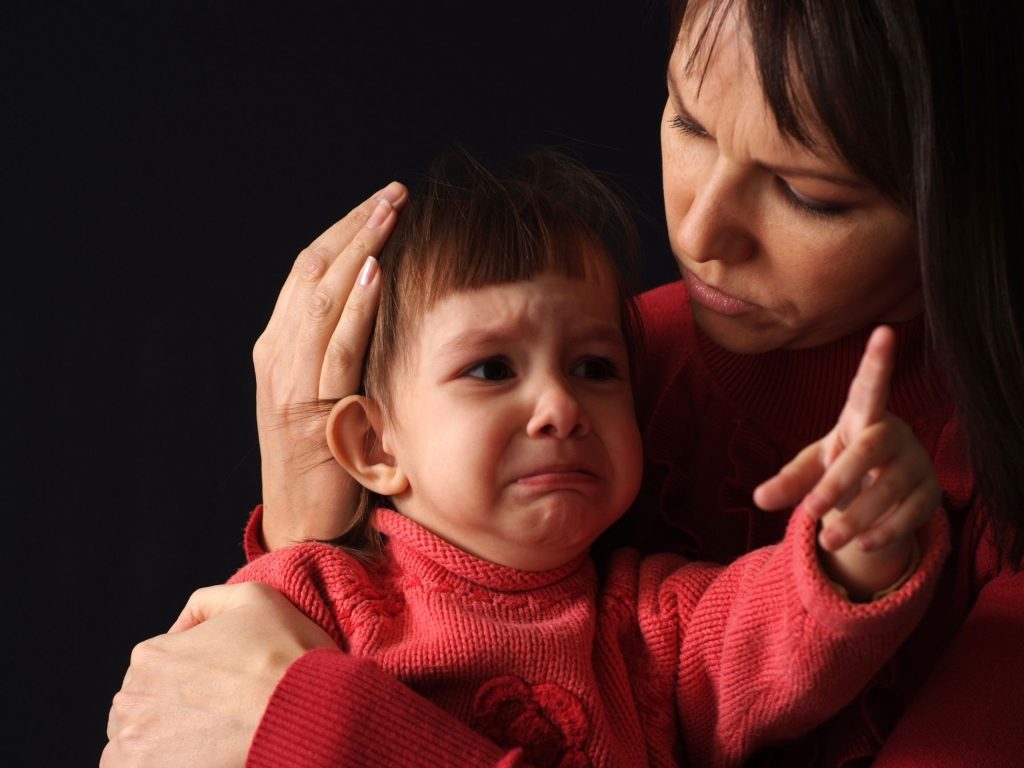
If there is a hesitation in your mind about the safety of your kid, do not go against your instincts. Even if it will harm anyone’s feelings, even if you cannot put a finger on why you feel insecure about someone, do what you need to keep your children safe. Your parental instincts, if you rely on them, can be a useful tool in protecting your child.
These are some of the simple ways to stay away from child sexual abuse.
